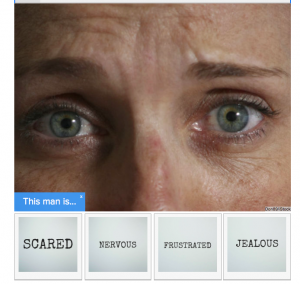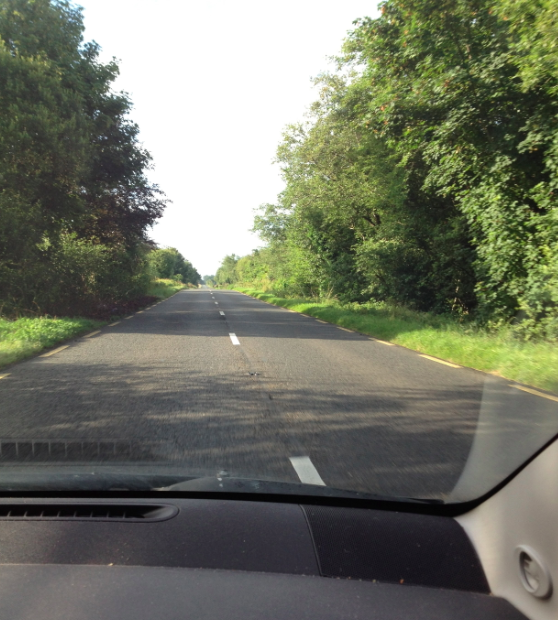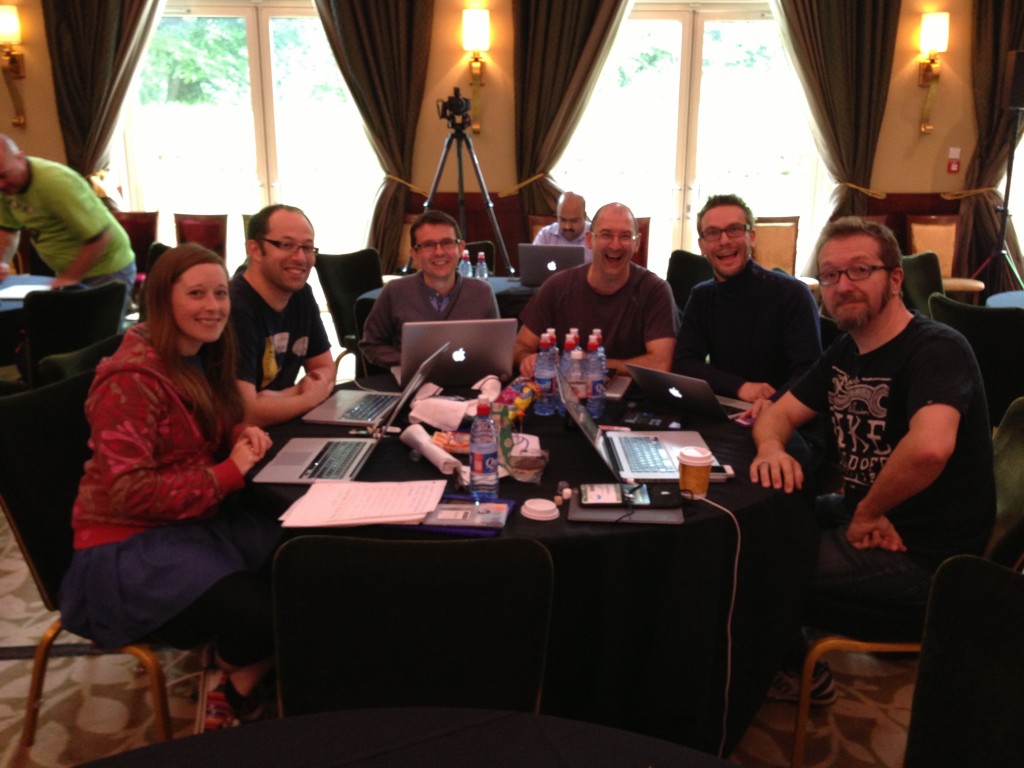[youtube_sc url=https://www.youtube.com/watch?v=rvSZsNMugvc&list=UU669pcN0w7UoJhoXIOYZWFA]
Here’s a video I made back in October 2012 discussing why I think blogging is a good idea. I’m putting it here to illustrate one of the points I make below, which is that blogs have the capacity to be more than just word documents
That said, they can just be text and nothing else, if that’s what you prefer!
What exactly is a blog anyway?
The word ‘blog’ is short for ‘web log’. There are two main types of blog
– a blog which discusses a particular subject
– a blog which acts as a personal online diary
Blogs are
- maintained by an individual or a company
- regularly updated
- interactive, allowing visitors to leave comments
Multimodal communication
What makes a blog different to communicating by writing a letter, a diary or an essay, is the fact that a blog is “multimodal”.
This means that you can add other media, so the blog post is not just writing!
These include:
1. Photos
2. Videos
3. Podcasts
4. Hyperlinks
5. Comments section
Very few blog posts will contain ALL of these elements however. For example, this blog post has writing, an embedded video and a few hyperlinks. It doesn’t have any comments yet (that’s up to the readers, not the blogger) and I haven’t bothered adding any photos or embedding any podcasts.
How do people find your blog?
Obviously you’ll try to promote it using social media, which is why I have a Facebook page and a twitter account for the website. You can see these embedded on the right hand side.
You’re also hoping that once your blog becomes popular, people will subscribe to it, which means they get an automatic email every time you publish a new post.
You also want people to stumble upon your blog because other people recommend either a blog post you’ve written that they really like or the blog itself. If you ever get a chance to go on the radio or TV, make sure you take the opportunity to mention your blog – it’s free advertising after all!
If your blog becomes really successful it’ll appear high up on a google search (or any search engine). How does this happen? Well you can “tag” posts with the main words you think people would put into a search engine if they wanted more info on the topic you’re blogging about. However, this alone won’t move you up the search engine list. Having lots of links in to your blog, lots of visitors, lots of comments and plenty of relevant tags are the main factors combined which will push your blog up the list.
If you’re afraid people will write nasty comments, you can click “approve comments” before you publish so that no comment goes up without your say so.
As of Feb 2011 there were 156 million public blogs in existence.
The language used tends to be fairly informal.
If you are asked to write a blog about a personal event(s) in your life write it in diary style.
If you are asked to write a blog about a particular topic write it in the style of an article.
If you’d like to get a sense of what young bloggers blogs look like, check out the Irish Blog Awards shortlist for Best Youth Blog
http://www.blogawardsireland.com/best-youth-blog-short-list-2014/
UPDATE:
Blogs can be a hybrid of a few genres! As the lady who pointed this out to me eloquently stated, she “find[s] the most engaging posts tend to be a blend… with some sort of personal story, reflection or insight plus useful information for readers and ideally a call to action (as illustrated in your post Open Gardens that is part diary and part article)“.
The end result of this, of course, is that you don’t need to stress too much about making your blogpost ‘fit’ one genre or the other…









